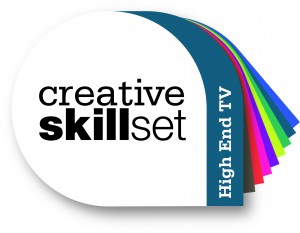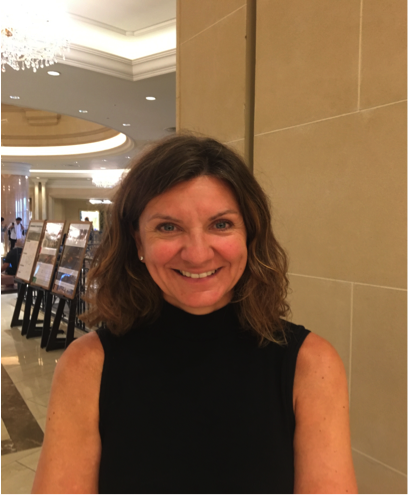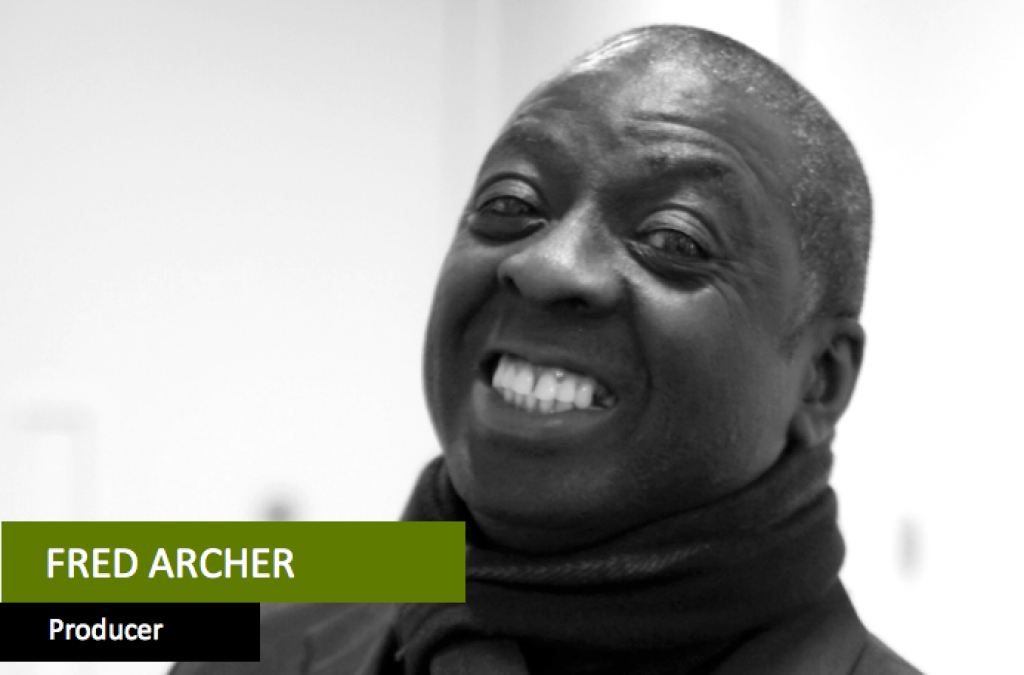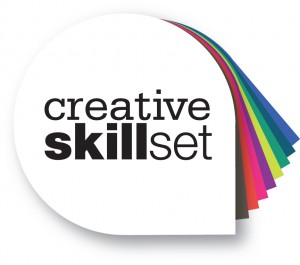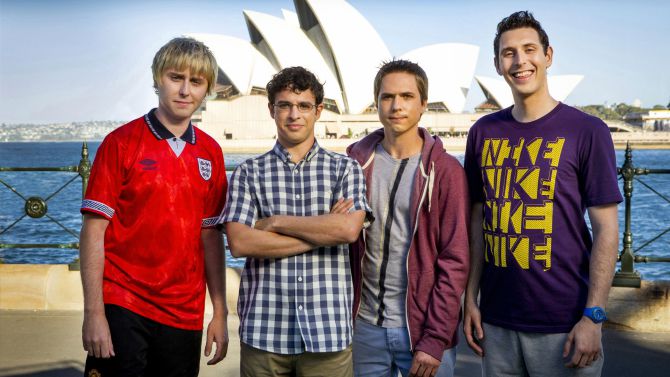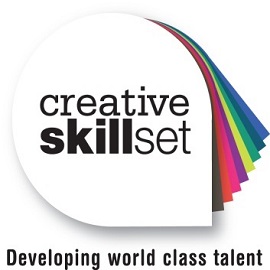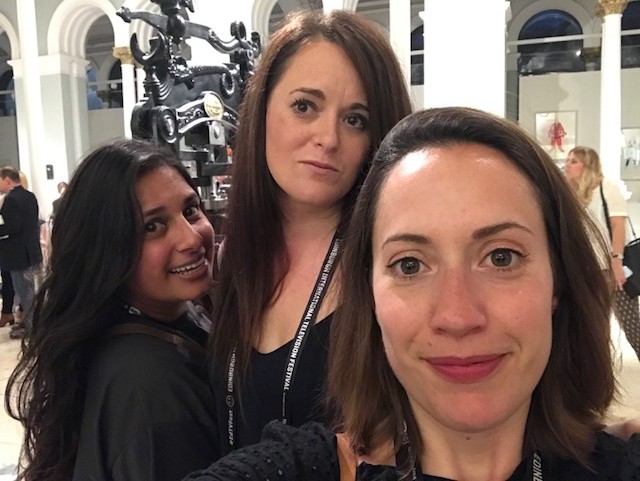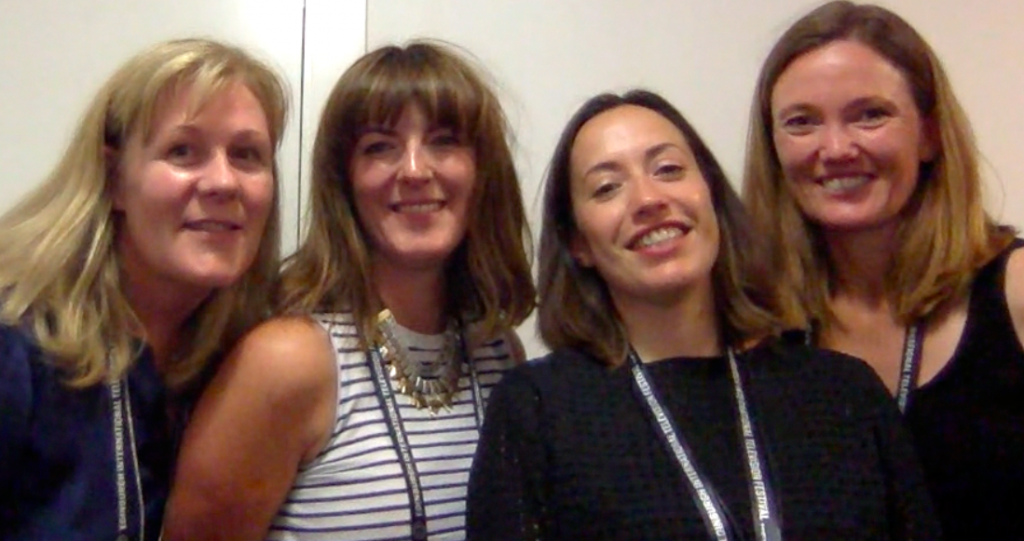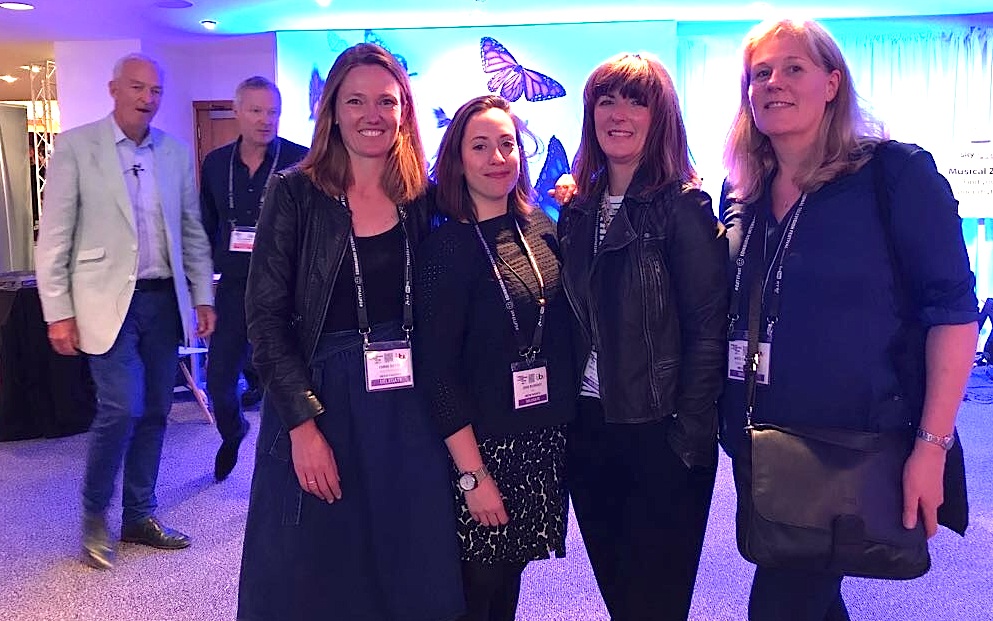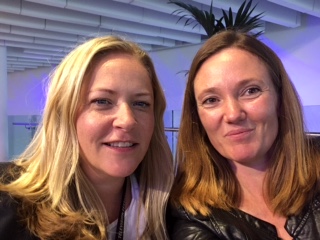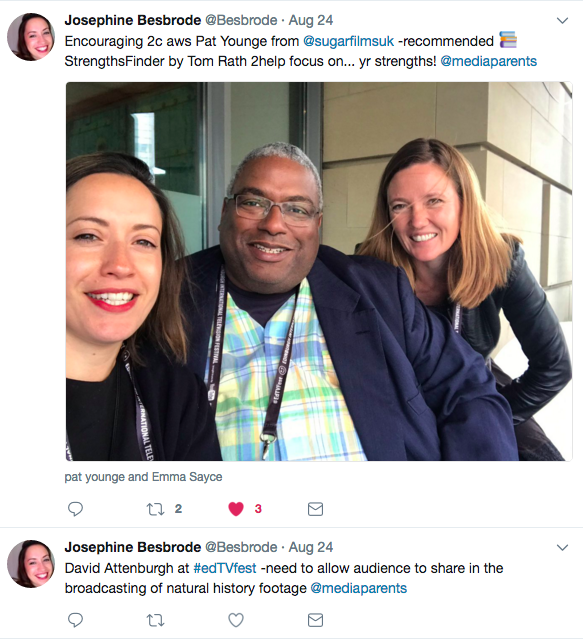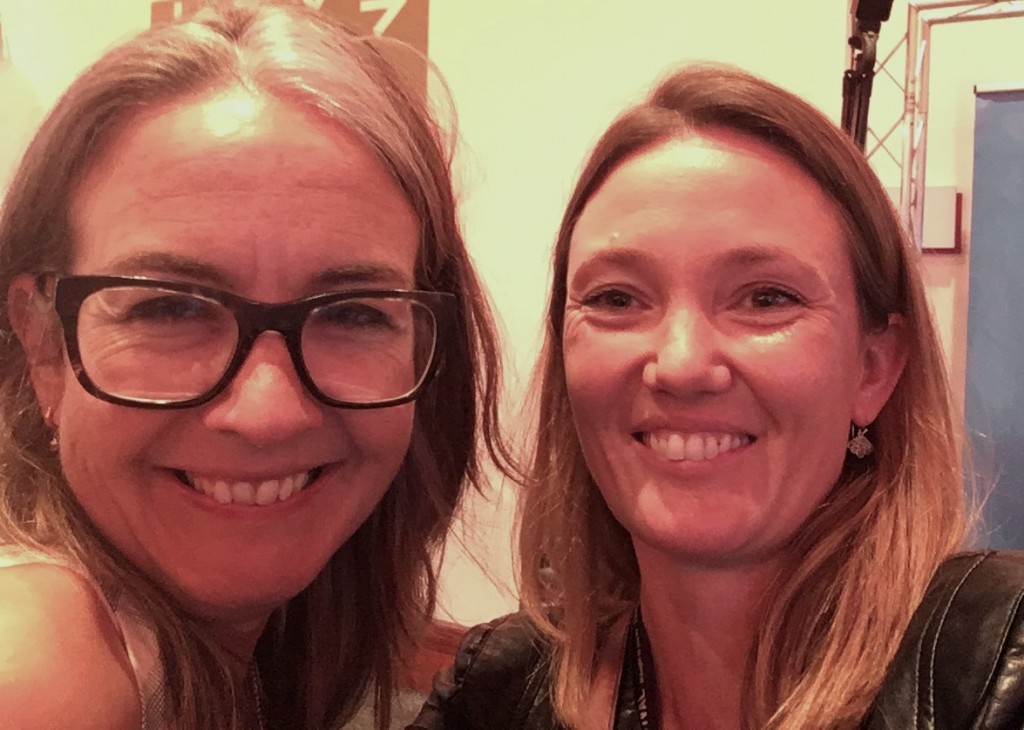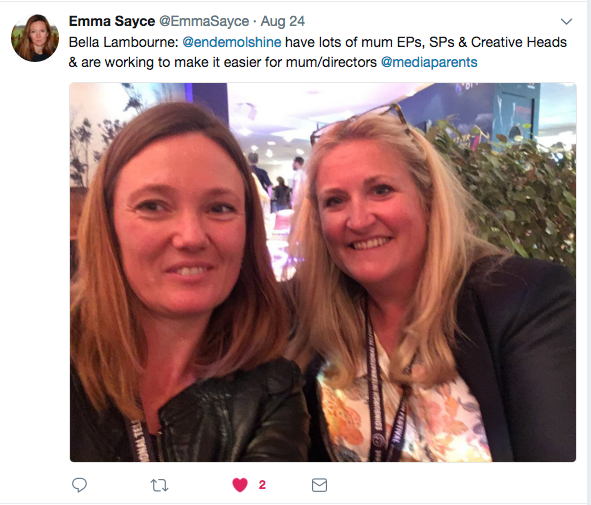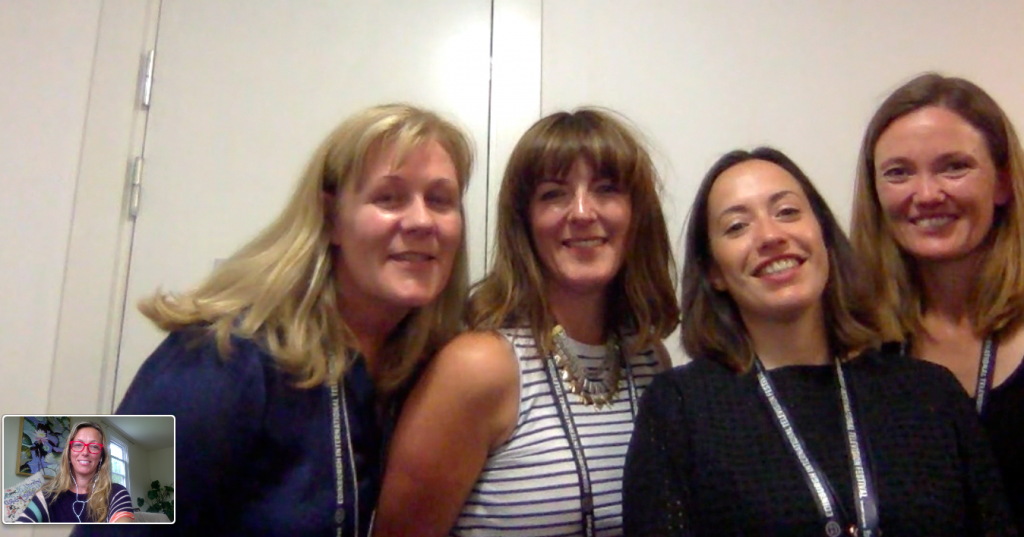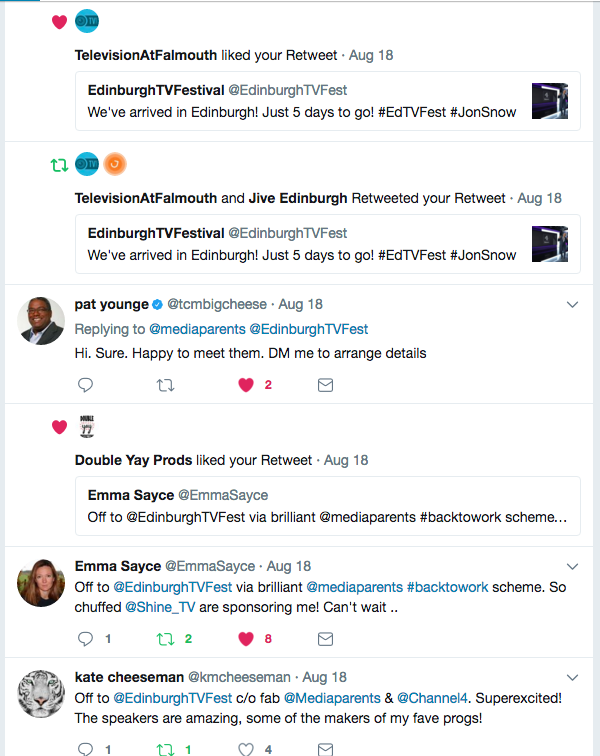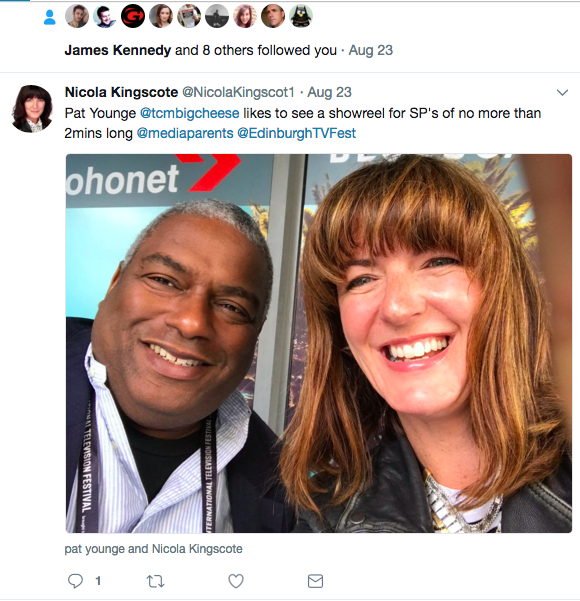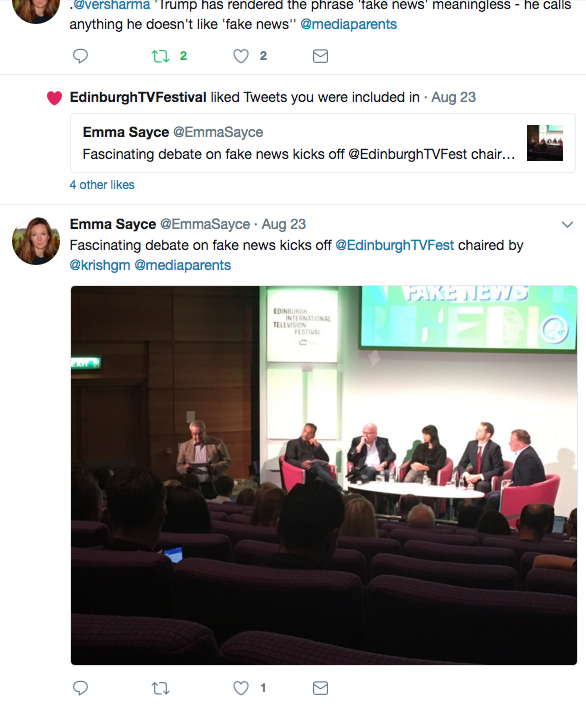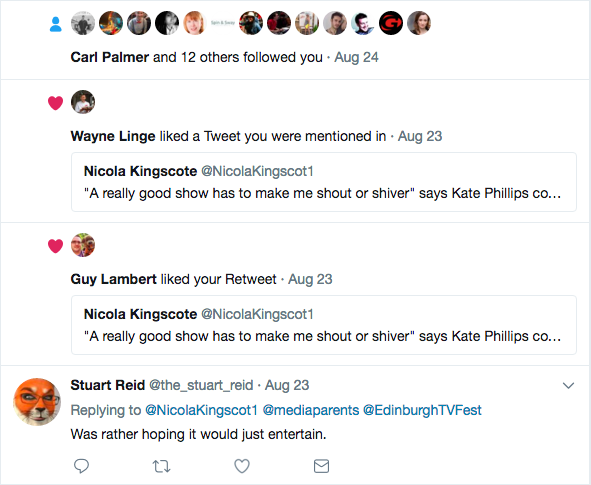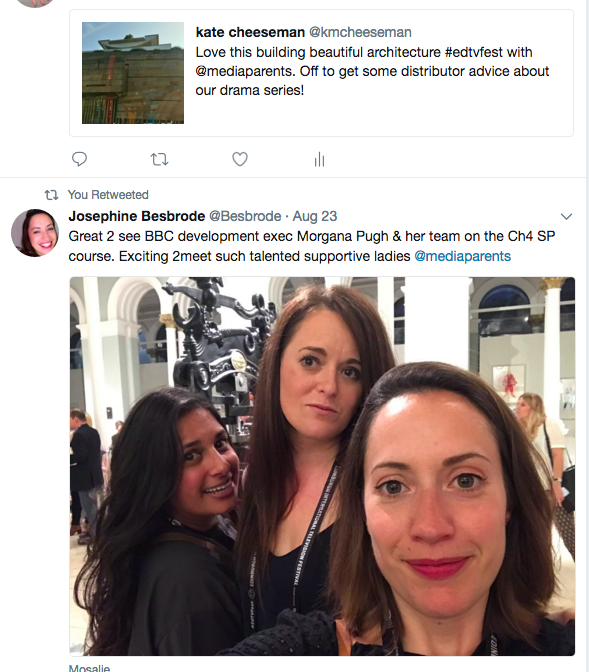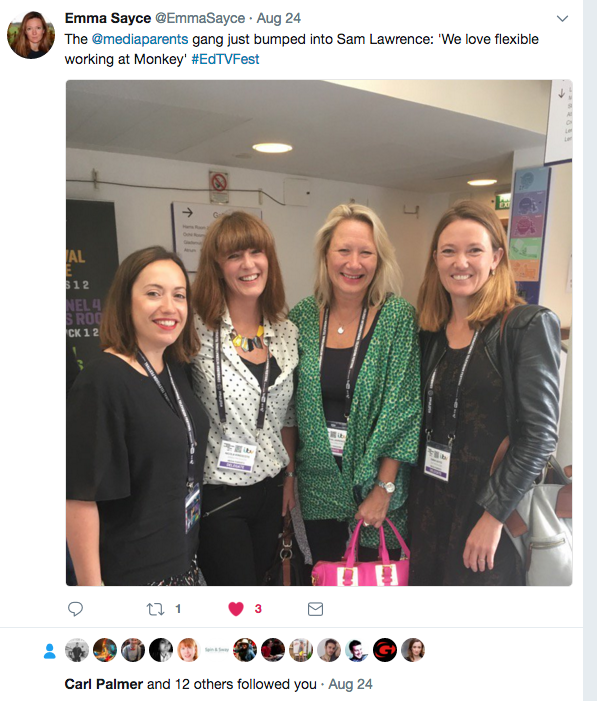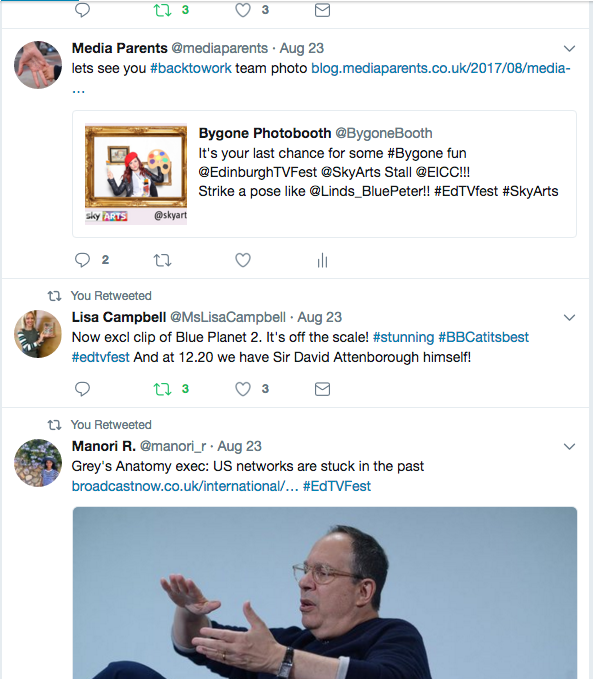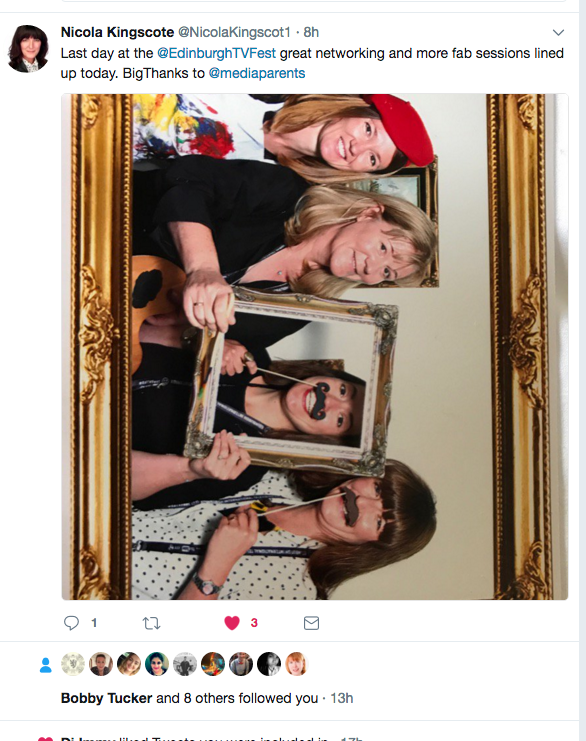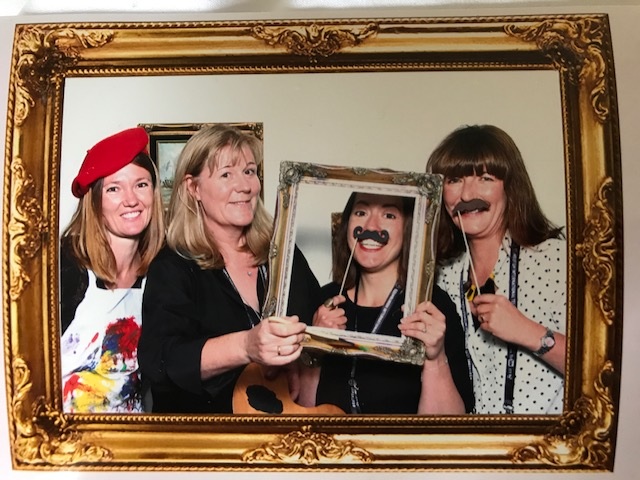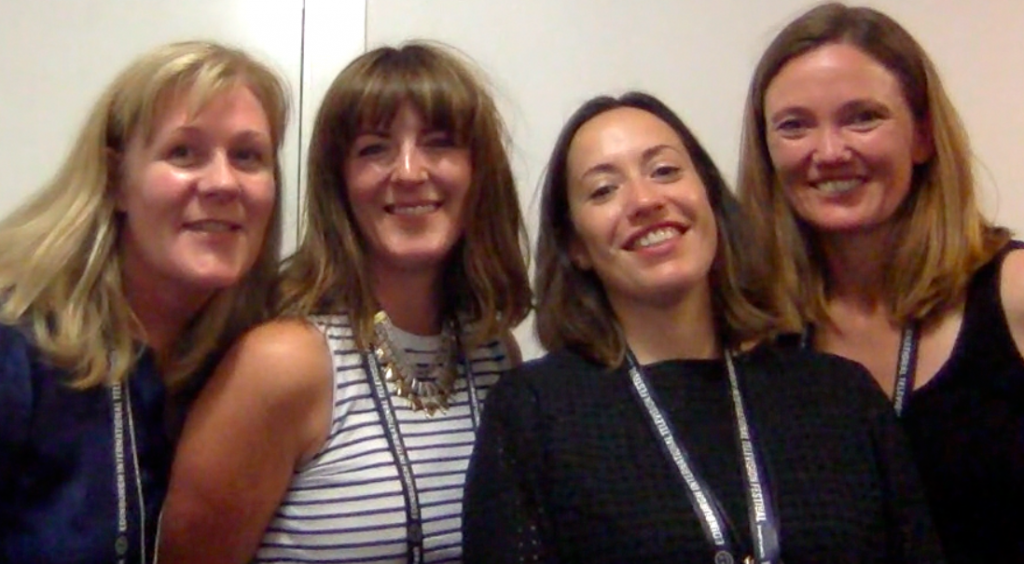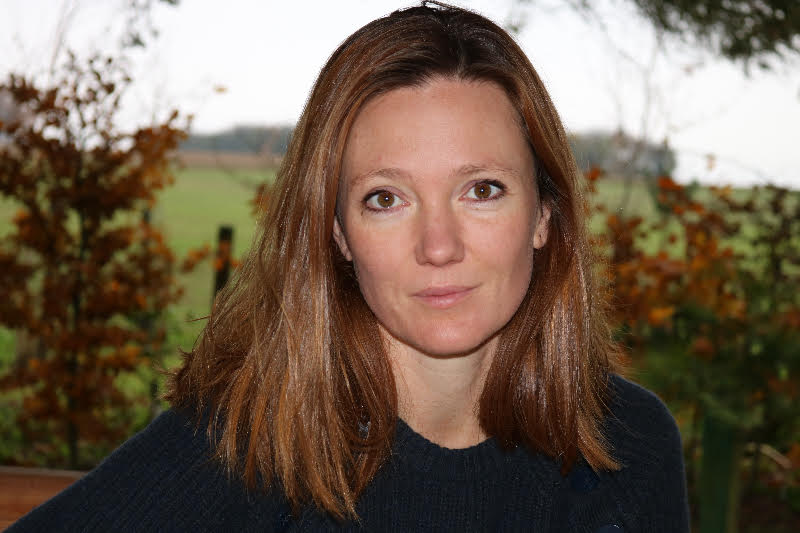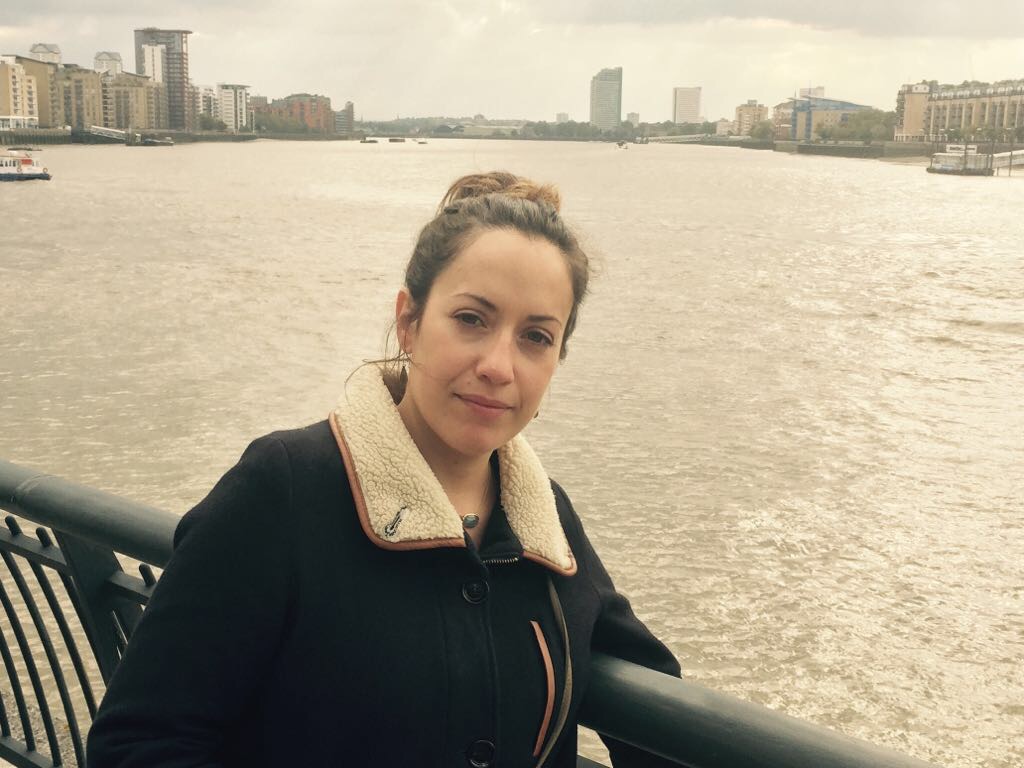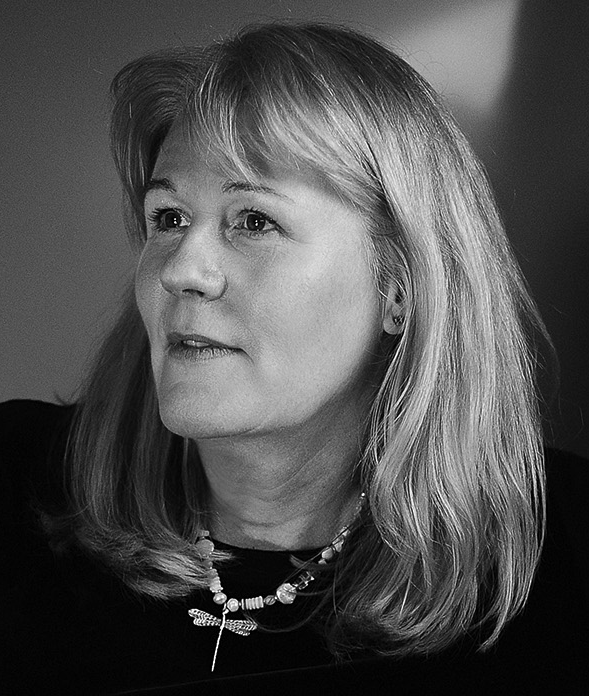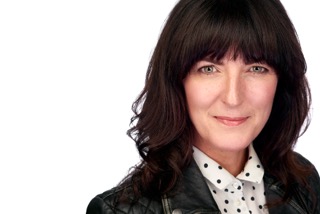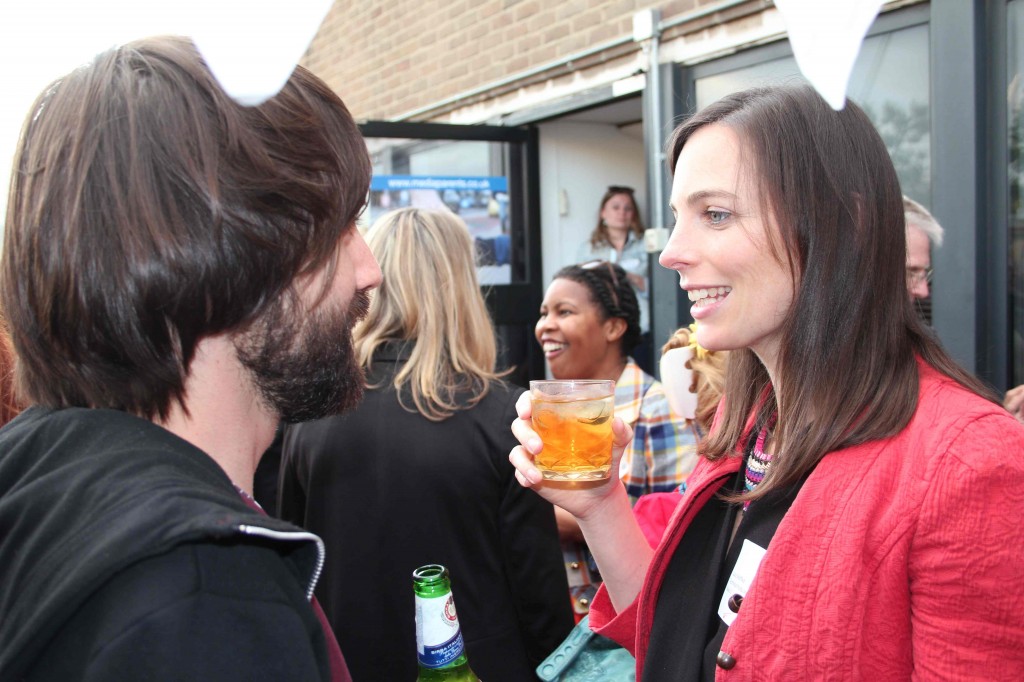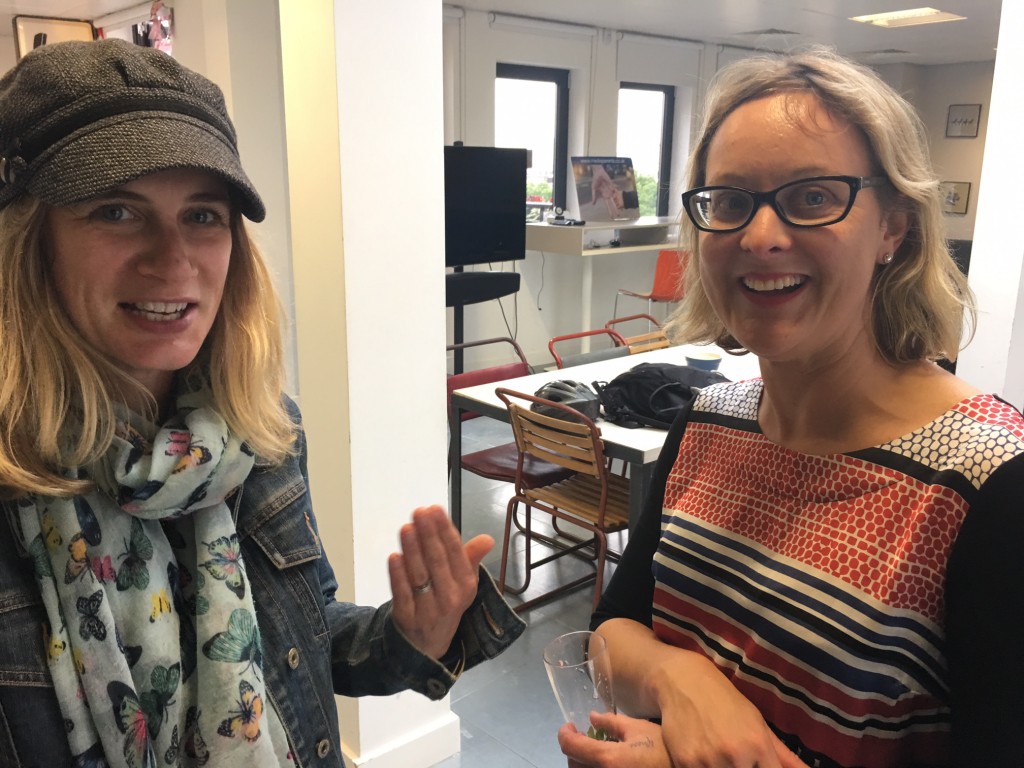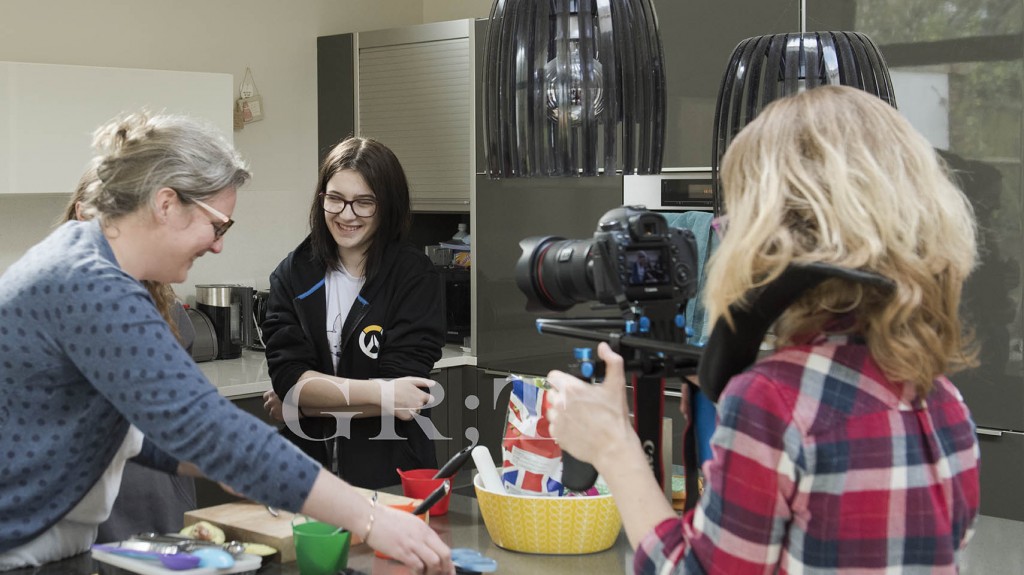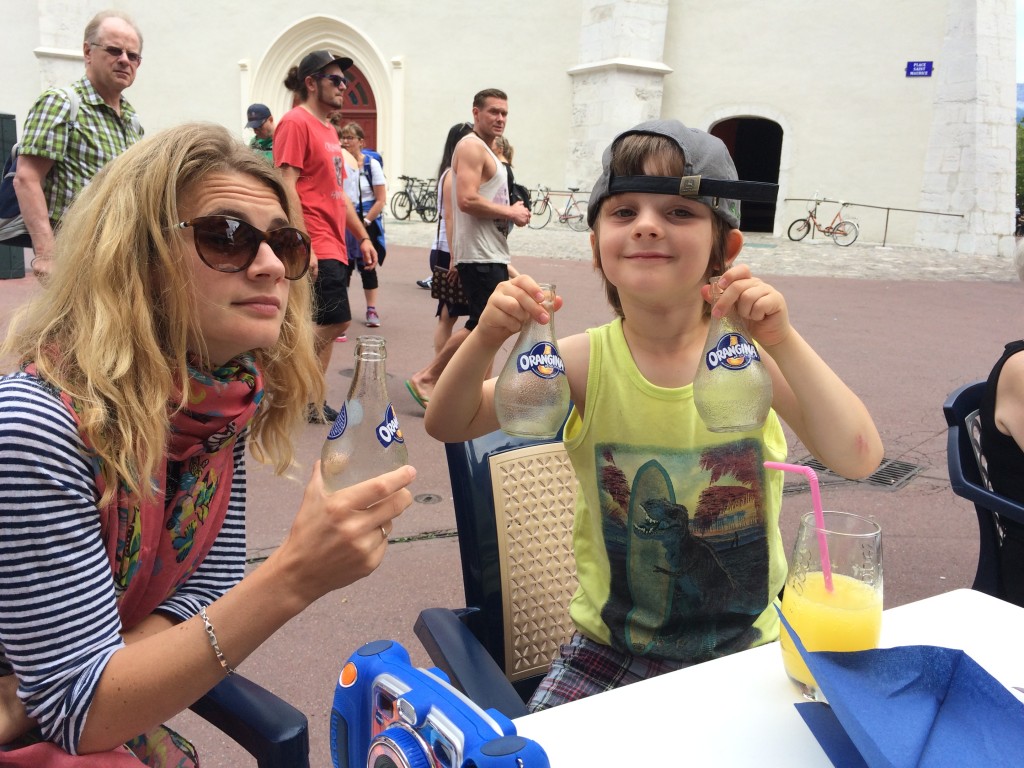applications open for regional HETV return to work programme
UPDATE : Manchester / northern Returners please APPLY by 28th Nov for FREE training.
Flexible working champion Media Parents is delighted to be partnering with Creative Skillset to provide FREE Return to Work Training for eight production freelancers in High End TV Drama and one from Children’s TV over the next nine months. Applications are open again for regional training which will be offered in Manchester or Bristol according to demand, from late November. Applications are open now and will close on Tues 28th November at midday so please see below for details.
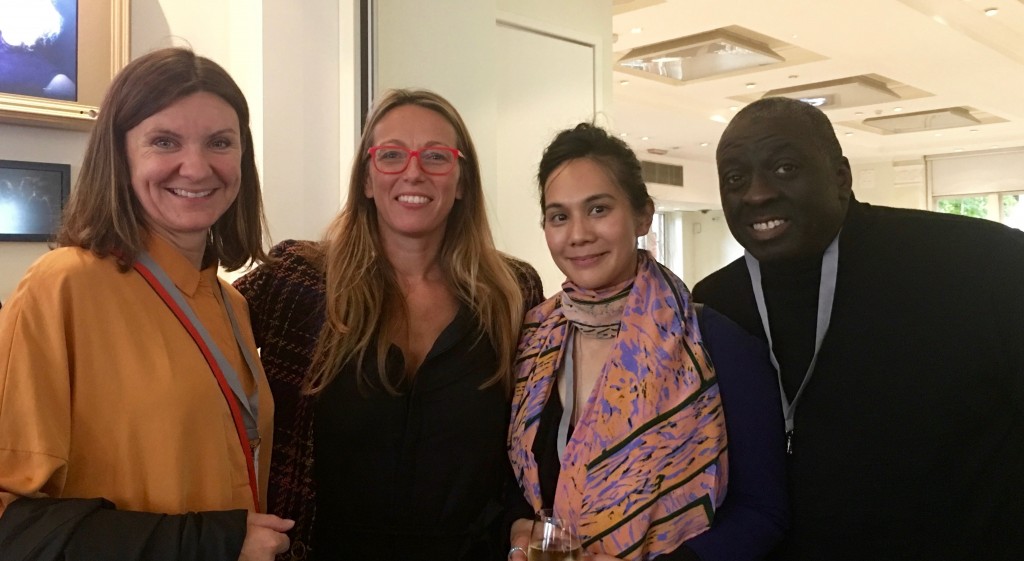
Media Parents HETV Drama Returners Paula Watkins and Fred Archer with Media Parents Director Amy Walker and Jenny Madalura, networking at BAFTA
Our first cohort of returners is already under way, having trained in Brighton, and attended the Broadcast Commissioning Scripted Forum at BAFTA. Returning Production Manager Paula Watkins is already on work placement with Fudge Park Productions on BBC Two’s White Gold. Fred Archer is also training alongside Paula and looking for a Production Assistant placement.
Freelancers who have taken a career break for childcare and would like help to return to work in High End scripted TV or Children’s TV should contact www.mediaparents.co.uk for an application form before November 17th. Roles covered include but are not limited to
- Producer
- Line Producer
- Production Manager
- Production Coordinator
- Production Assistant
- Production Secretary
The course offers paid returnships, mentoring, job-specific refresher training, confidence and presentation coaching, and attendance at an industry conference. Building on five years of success of the Media Parents Back to Work Scheme, this course offers all the tools needed to return to work with confidence in High End TV Drama or Children’s TV.
In addition to applicants for the scheme, Media Parents would love to hear from High End TV drama or children’s TV production companies able to offer mentors and/ or work placements for returners. Please use the contact tab at www.mediaparents.co.uk to reach us.
We welcome applicants who have taken a career break due to childcare responsibilities and who are now ready to return to work. Inclusion is important to us, we encourage applications from those currently under-represented in the industry, including women, black, Asian and minority ethnic, and disabled people.
The Media Parents Return to Work in High End TV Programme is supported by the High End TV Levy Fund, managed by Creative Skillset.
Creative Skillset works with the UK’s screen-based creative industries to develop skills and talent, from classroom to boardroom. The High End TV Levy Fund, overseen by the High End TV Council, ensures a sustainable funding legacy to develop industry skills to support the next generation of High End TV drama talent.
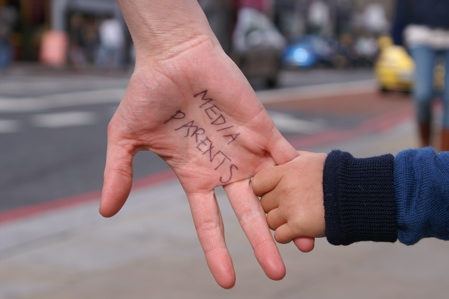
Media Parents HETV Drama and Children's Return to Work programme is re-opening for applications until November 28th. Media Parents - join now for brilliant jobs and events at www.mediaparents.co.uk

